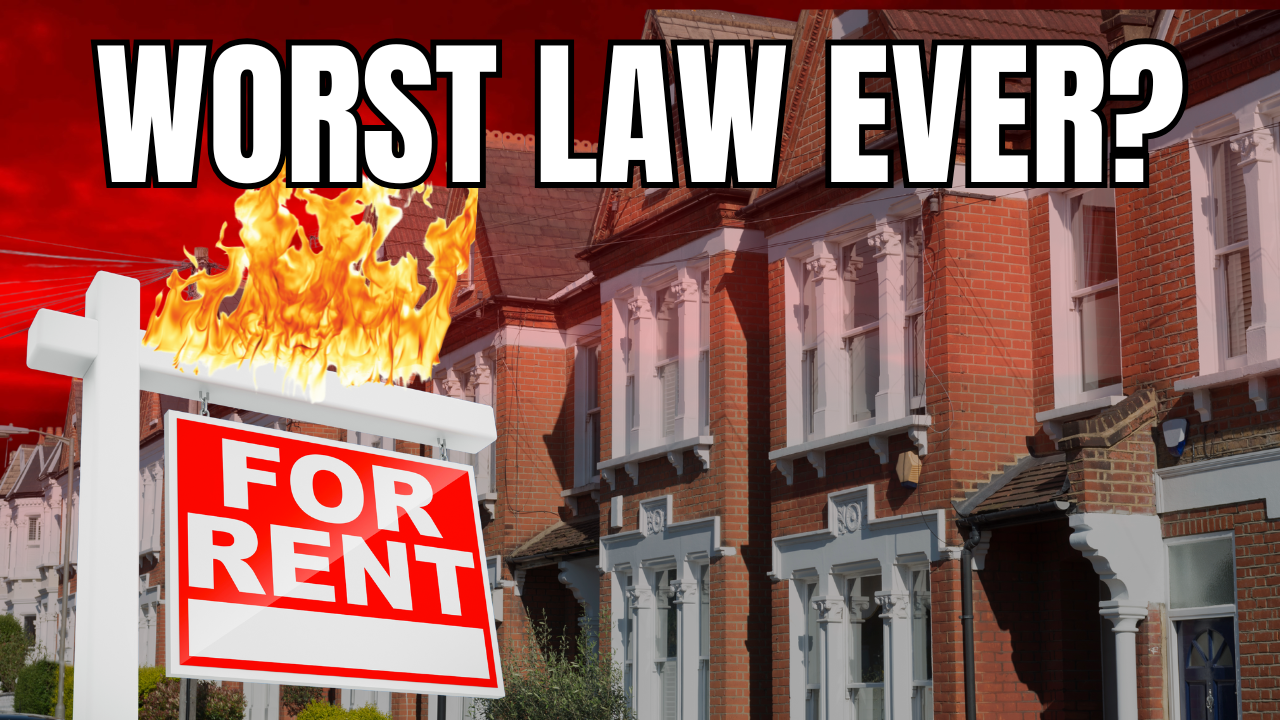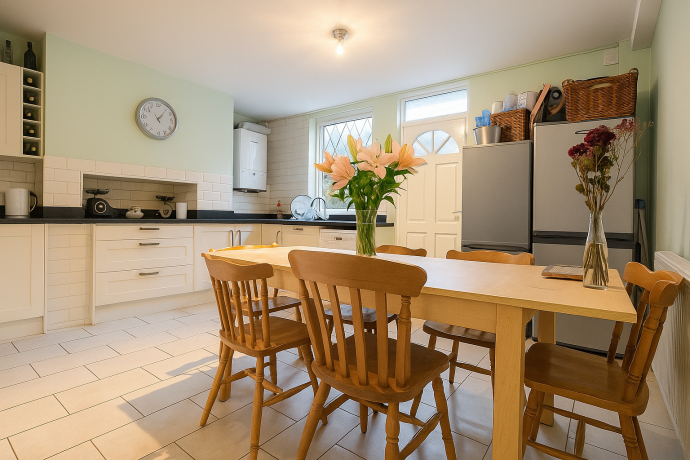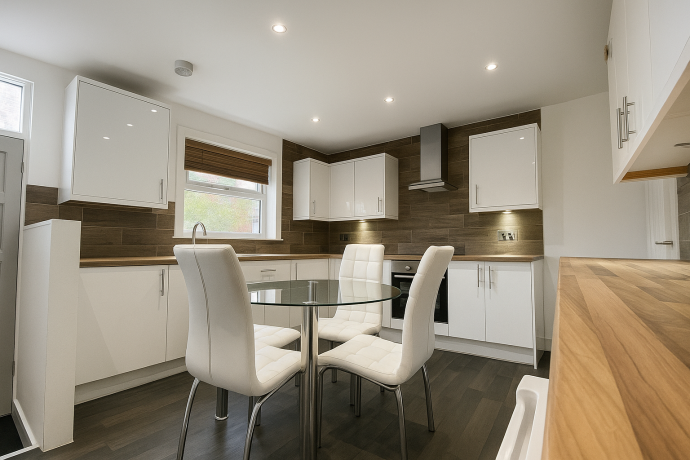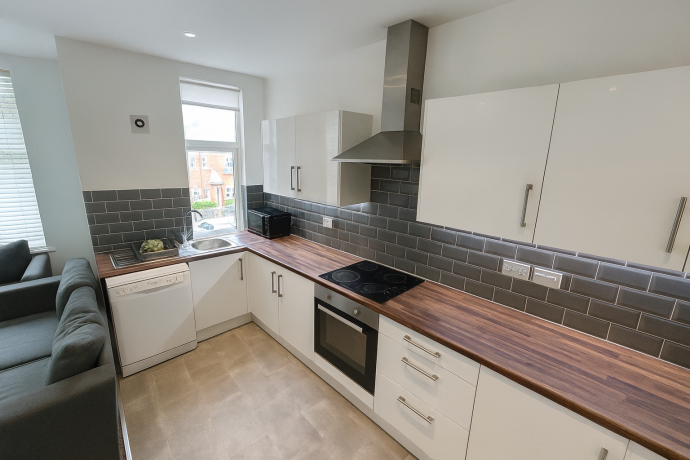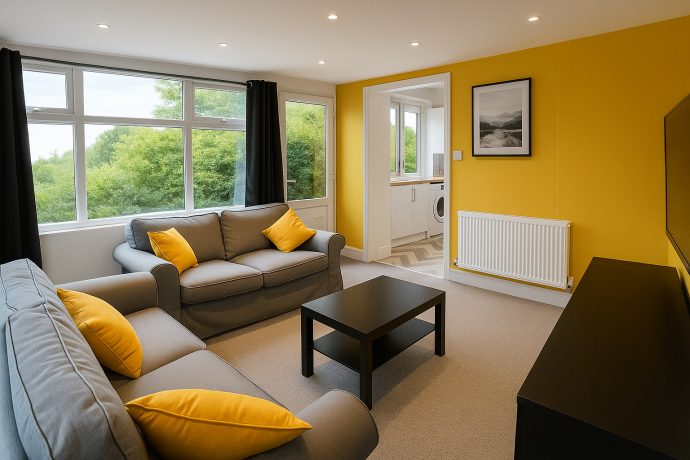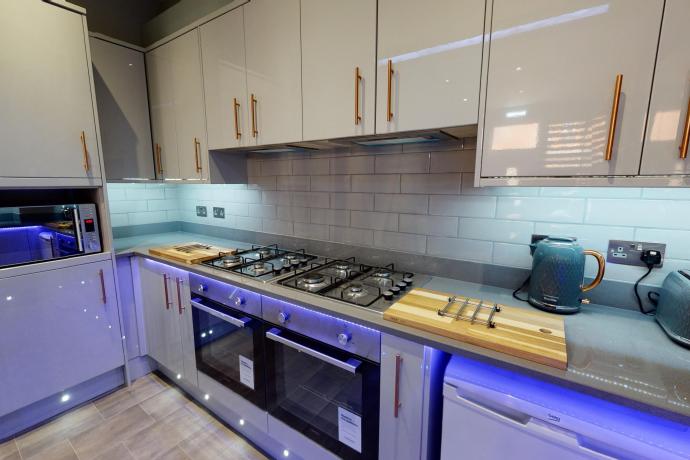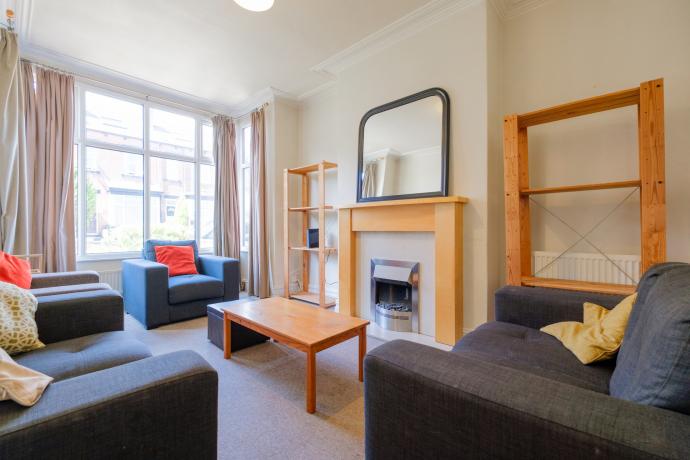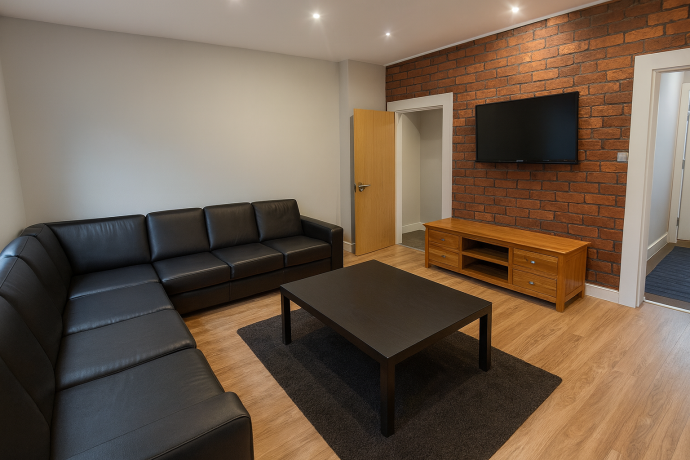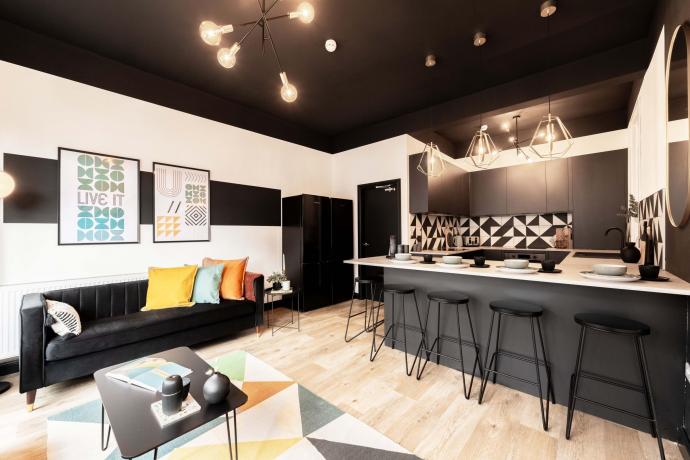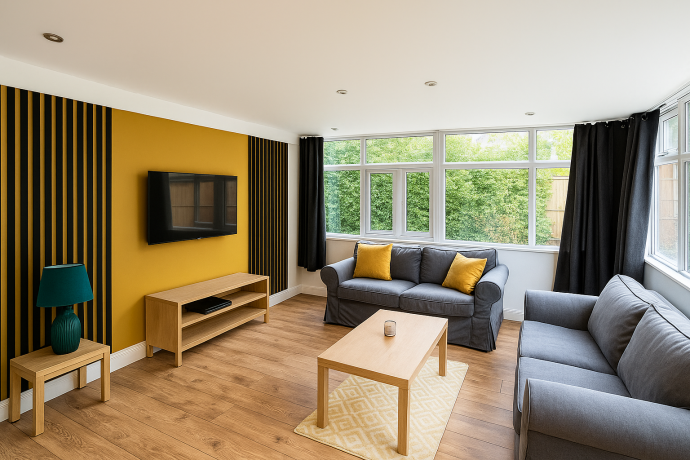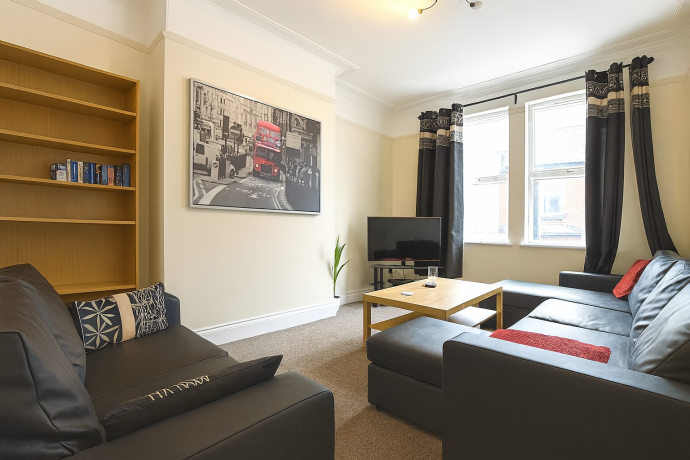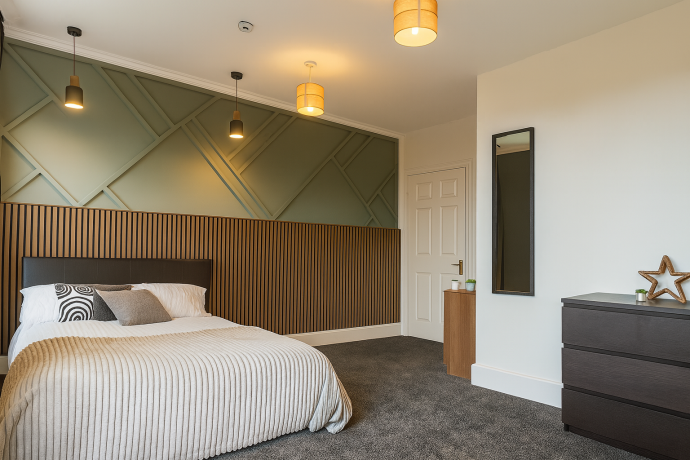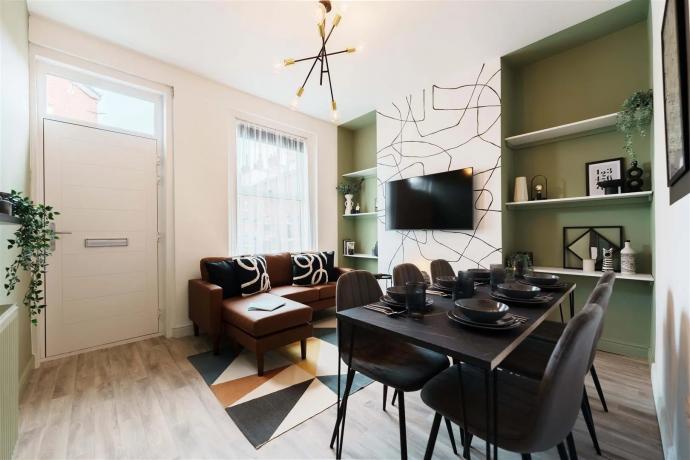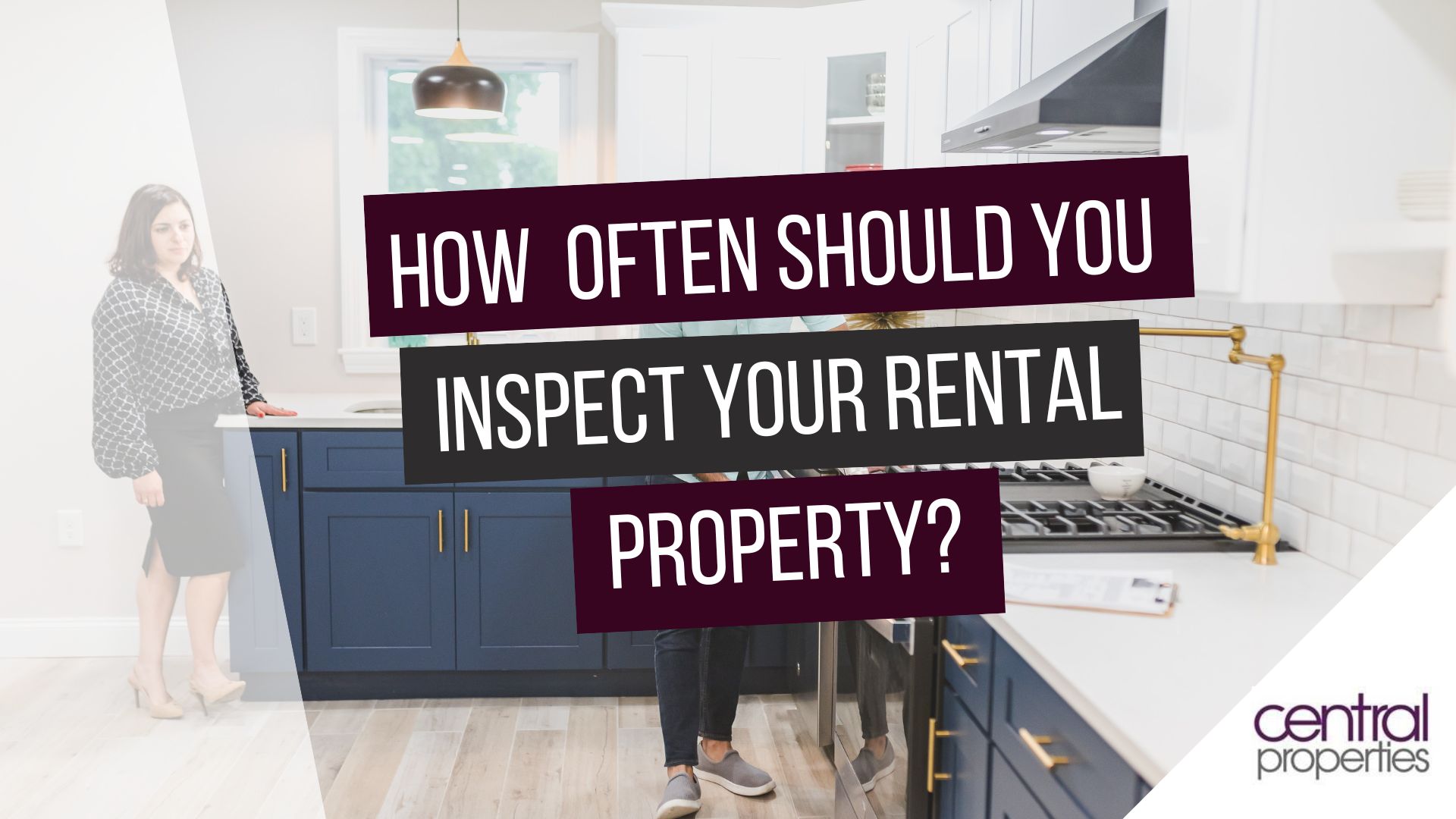
Property inspections are essential for the successful management of residential property.
Not only do they provide a landlord with the opportunity to see how tenants are residing in a property, but they are an important part of proactive property management for maintaining an assets value.
Having an effective inspection process means you can catch small maintenance problems before they become big headaches.
For example, blocked gutters. This is not something a tenant would actively look for in their day-to-day lives (so therefore it would be unfair to blame them for not reporting the problem), but a blocked gutter can cause all types of problems if not dealt with quickly such as damp penetration, mould growth, rotten internal timbers, electrical issues, not to mention the cost of making good any damage.
Inspections are also necessary for making sure tenants are adhering to the tenancy agreement, not only from a health and safety perspective, but also to ensure the property is being looked after responsibly.
But how often should a landlord be inspecting their property?
There is a fine line to tread between regular property visits that do not affect a tenant's right to quiet enjoyment.
The number of times you inspect a property will be dependent on the type of tenant market you operate in.
For example, a standard buy-to-let with long term family tenant may not require as much "hands on" management compared to other tenant types. In this instance we recommend quarterly inspections to make sure the property is being kept in a good state of repair, both internally and externally.
If you manage your buy-to-let (BTL) without an agent, quarterly inspections allow you to build up a good relationship with your tenant. You are seen as a responsible landlord.
The main purpose of these inspections will be to keep on top of the external appearance and catch maintenance issues before they have a chance to make things worse – a leaky tap today is a downed ceiling tomorrow.
a blocked gutter can cause all types of problems if not dealt with quickly such as damp penetration, mould growth, rotten internal timbers, electrical issues, not to mention the cost of making good any damage.
However, HMOs (House of Multiple Occupancy), whether student of professional, will require more effort due to the nature of the market.
HMOs by their very nature have more occupants than the standard BTL. This means the property is getting much more wear and tear. From decoration of high traffic areas like hallways to use of appliances like washing machines, they are usen frequently by multiple people.
Student HMOs especially require a hand on approach to inspections. Whether it be hosting large house parties, social club events etc, with more people comes more probability of things getting worn away or broken, whether accidental or not! I remember what we got up to in my student house......
However, joking aside it is particularly important to be regularly inspecting your HMO, especially for health and safety issues.
I cannot count the times I have had to reprimand tenants for covering up smoke detectors with a plastic bag or gym sock or prop open fire doors or even remove self-closing devices altogether! If I also had a pound for every unlocked student property I had walked into I'd be a rich man.
Failing to properly police the lease for breaches of health and safety issues could be a recipe for disaster if something went wrong.
Operating HMOs can also come with its fair share of problems for other stakeholders. Whether these be local residents or community support officers, as a landlord its wise to maintain good relationships with these groups from a commercial (and ethical) standpoint. Because otherwise they can make your life as a landlord more difficult than it needs to be.
Antisocial behavior (not uncommon in HMOs) can be a major source of friction between tenants and other residents. Regular inspections show you are a responsible landlord who intends to nip this sort of behavior in bud immediately.
Additionally, being a successful operator in the student rental market means your properties need to be of a high standard, otherwise they just will not rent. By being lax on inspections you are increasing the risk of your property falling behind the market curve when it comes to student demands and expectations.
The student market is cyclical which means there is a short window to get these properties rented. They must look at 100% during this time to optimize marketability.
Inspections help to identify and address any problems and upgrade finishes where needed.
We have a streamlined way for tenants to report problems, but the system is only as good as the person reporting the issue. Therefore we always recommend monthly inspections for HMOs, at least in communal areas where damage is most likely to materialize.
If you use an agent to manage your HMO, as most landlords do due to the elevated level of legislation to comply with these days, monthly inspections do require additional agent resources. We charge our landlords £40.00 extra per month to conduct monthly inspections.
There is no doubt these inspections have already saved £1000s in potential damages and void periods.
Regular inspections are one of the most effective ways to maintain and increase the overall value of an asset and maintain cashflow in a fiercely competitive marketplace.



